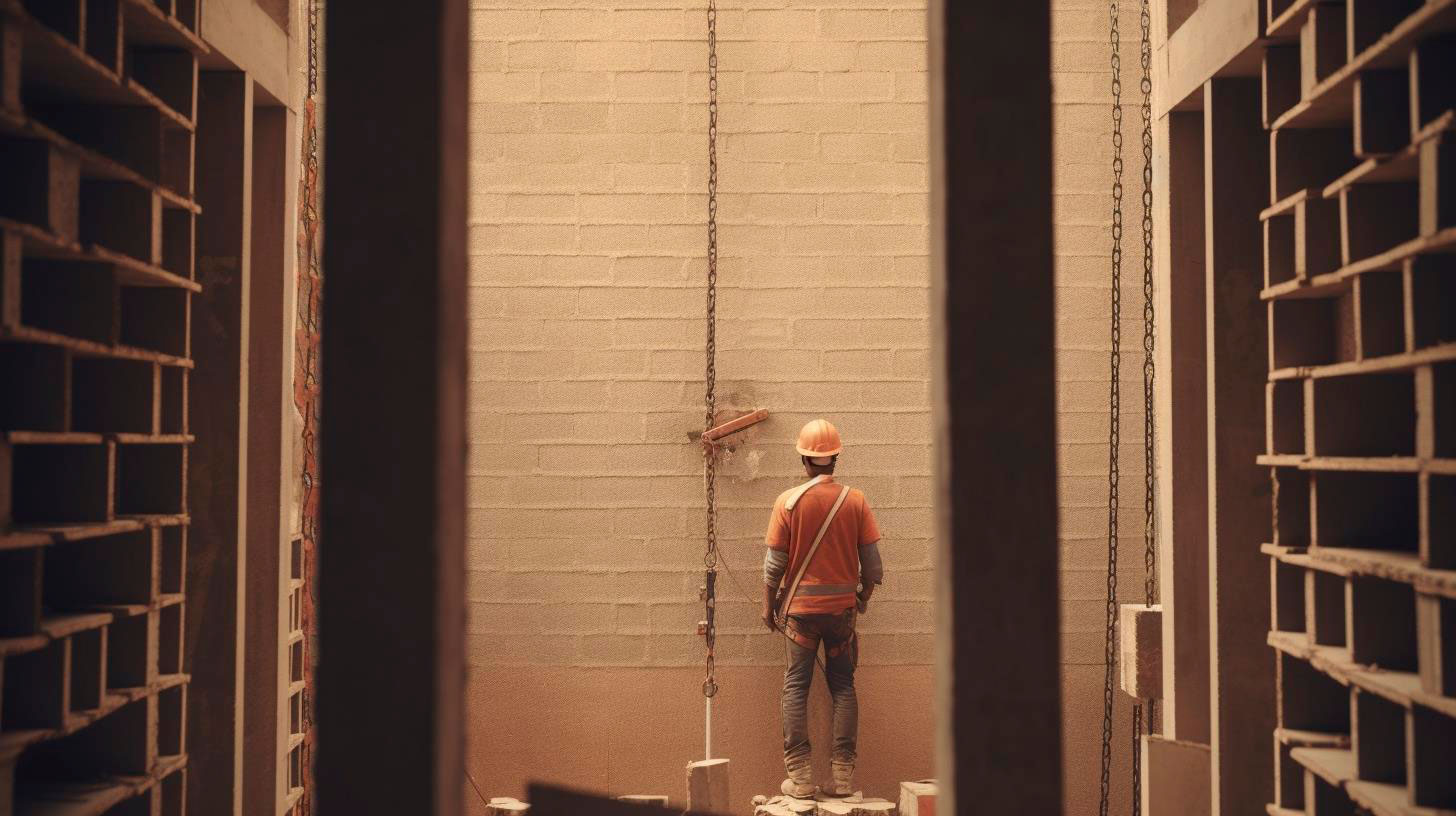Zero-Waste Cities: A Goal for Sustainable Urban Development
In this article, we will explore what zero-waste cities are, their advantages, and the key takeaways for achieving sustainable urban development.
What are Zero-Waste Cities?
Zero-waste cities are urban areas that aim to minimize waste generation and promote recycling, composting, and other sustainable waste management practices. These cities adopt a circular economy model, where resources are used efficiently, recycled, and brought back into the production cycle. By minimizing waste, zero-waste cities reduce their impact on the environment, conserve resources, and contribute to a healthier and more sustainable future.
Advantages of Zero-Waste Cities
1. Environmental Benefits:
- Reduces greenhouse gas emissions by diverting waste from landfills and incinerators
- Preserves natural resources by maximizing recycling, reusing, and composting
- Protects ecosystems and biodiversity by reducing pollution and resource extraction
2. Economic Benefits:
- Creates new job opportunities in waste management, recycling, and related industries
- Reduces costs associated with waste disposal and landfill management
- Promotes local economic growth by encouraging circular economy practices
3. Social Benefits:
- Improves public health by minimizing pollution and exposure to hazardous waste
- Enhances community engagement and collaboration in sustainable practices
- Raises awareness about waste reduction and fosters a sense of responsibility
Key Takeaways for Achieving Sustainable Urban Development
1. Waste Management Infrastructure:
- Invest in efficient waste collection, sorting, and processing facilities
- Promote modern recycling technologies and composting systems
- Create incentives for citizens and businesses to participate in waste reduction initiatives
2. Circular Economy Practices:
- Promote the use of recycled materials and products
- Encourage product design for easy repair, reuse, and recycling
- Support local businesses that follow circular economy principles
3. Education and Awareness:
- Engage the community through educational campaigns and workshops
- Inform citizens about effective waste separation and recycling techniques
- Create platforms for sharing success stories and inspiring others
4. Policy and Regulation:
- Enforce strict waste management regulations and penalties for non-compliance
- Encourage innovative waste reduction measures through policy incentives
- Collaborate with stakeholders to develop comprehensive waste management plans
By implementing these key takeaways, cities can move closer to achieving the goal of becoming zero-waste cities and contribute to sustainable urban development.
In conclusion, zero-waste cities are an important aspect of sustainable urban development. They offer numerous environmental, economic, and social benefits. By focusing on waste management infrastructure, circular economy practices, education and awareness, and policy and regulation, cities can make significant progress towards becoming zero-waste cities. Embracing this concept will not only help reduce waste but also pave the way for a greener and more sustainable future.
